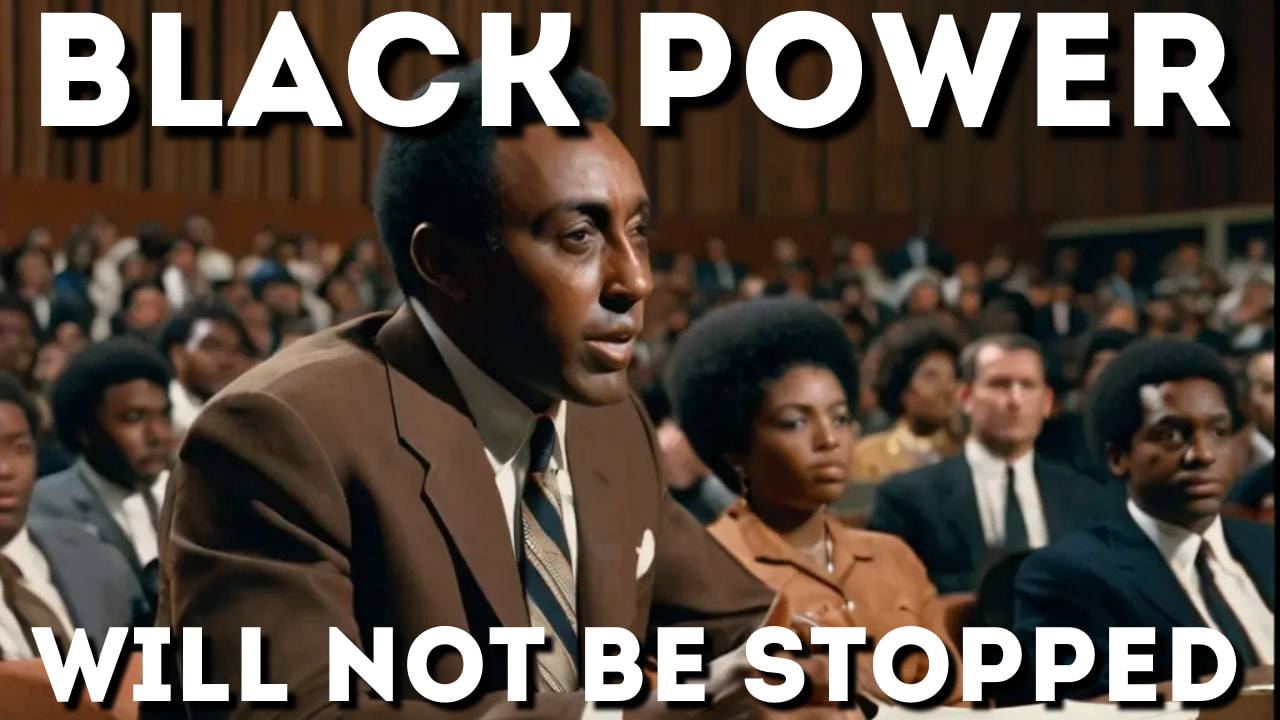|
The First Black Power Conference was held in Newark, New Jersey, from July 20 to July 23, 1967. This historic event was significant in the development of the Black Power movement during the 1960s, attracting over a thousand activists, intellectuals, and leaders from across the United States. The conference aimed to unify and mobilize African Americans around the principles of Black Power, which emphasized self-determination, cultural pride, and community control. The conference's agenda included a variety of topics, ranging from political strategies and economic empowerment to education and cultural identity. Participants discussed the importance of African-American solidarity, explored the role of Black political leadership, and examined the impact of systemic racism on their communities. The conference also focused on fostering a sense of Black pride and self-respect while challenging the dominant narratives of American society. Notable attendees at the conference included Stokely Carmichael, a prominent civil rights activist and a key figure in the Black Power movement; Nathan Wright Jr., an Episcopal priest and activist who chaired the conference; and representatives from various civil rights organizations like the Congress of Racial Equality (CORE) and the Student Nonviolent Coordinating Committee (SNCC). Several others included Ron Karenga, the founder of Kwanzaa; H. Rap Brown, the chairman of SNCC; and Maulana Karenga, a cultural nationalist and founder of the US Organization. The conference's objective was to create a platform to articulate and promote Black Power ideals and foster unity among African Americans to combat racial oppression. It provided a forum for discussing strategies to gain political influence, achieve economic independence, and reclaim cultural heritage. The outcomes of the conference led to the development of the "Newark Plan," which outlined steps for increasing African-American political participation and establishing community control over education and other local institutions. The conference also sparked the creation of similar gatherings across the country, further solidifying the Black Power movement's influence in shaping the course of African-American history during the late 1960s and beyond. Overall, the First Black Power Conference in Newark was a turning point in the Black Power movement, serving as a catalyst for continued activism and laying the groundwork for a new era of Black pride and empowerment.
0 Comments
Leave a Reply. |
Details
Categories
All
Click Here to join our mailing list
|
Contact Us: |
Connect With Us |
Site powered by PIT Web Design


 RSS Feed
RSS Feed



